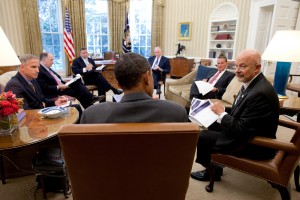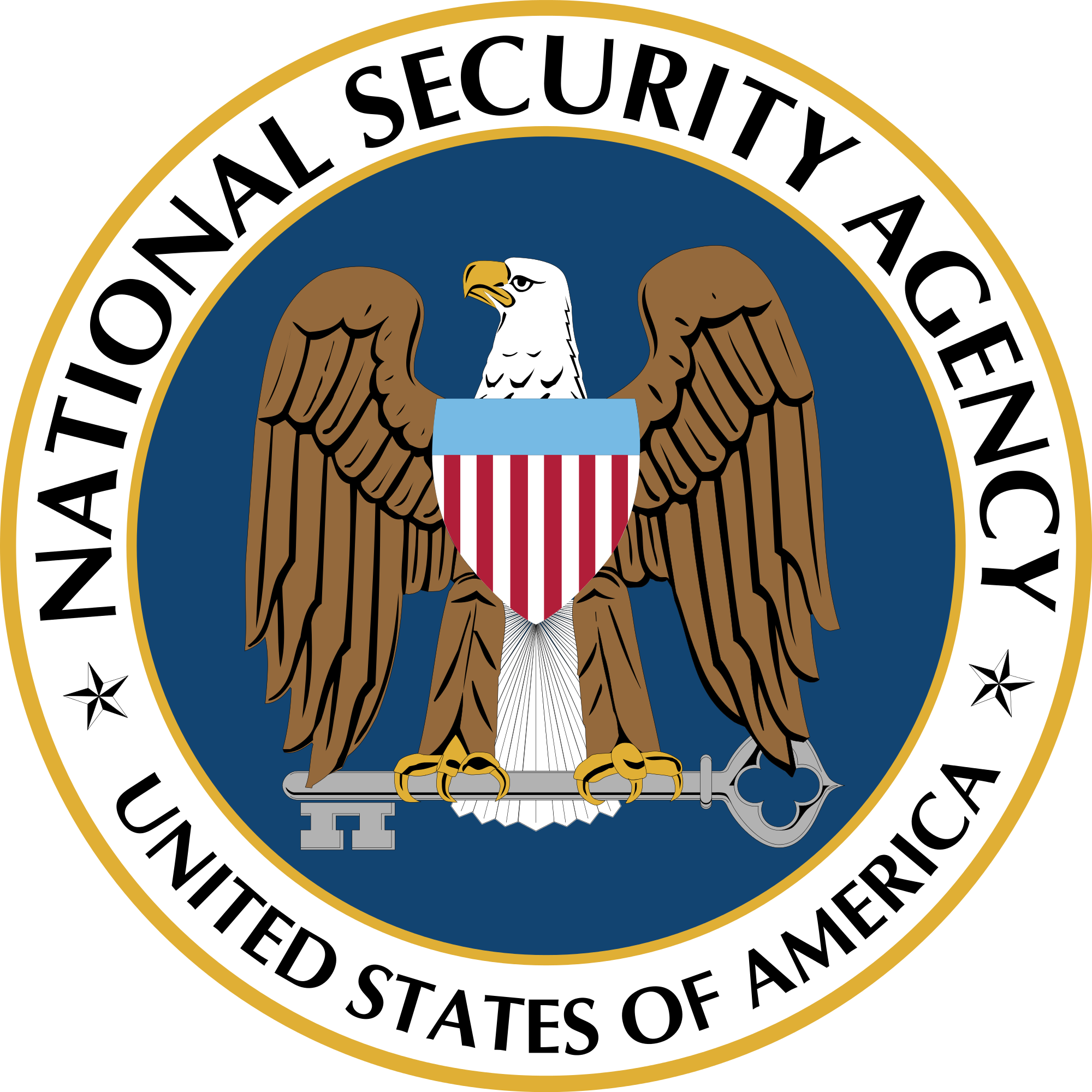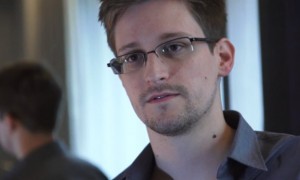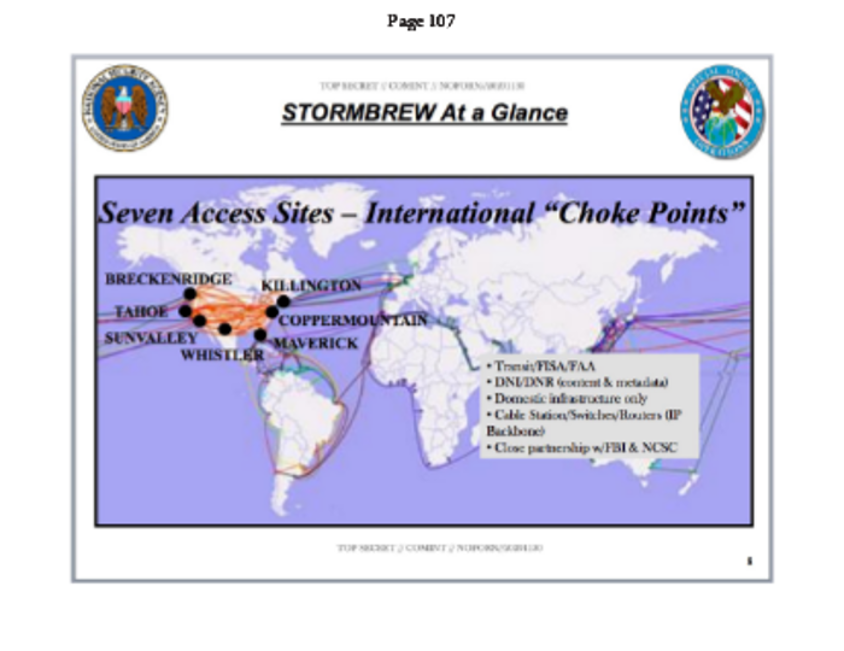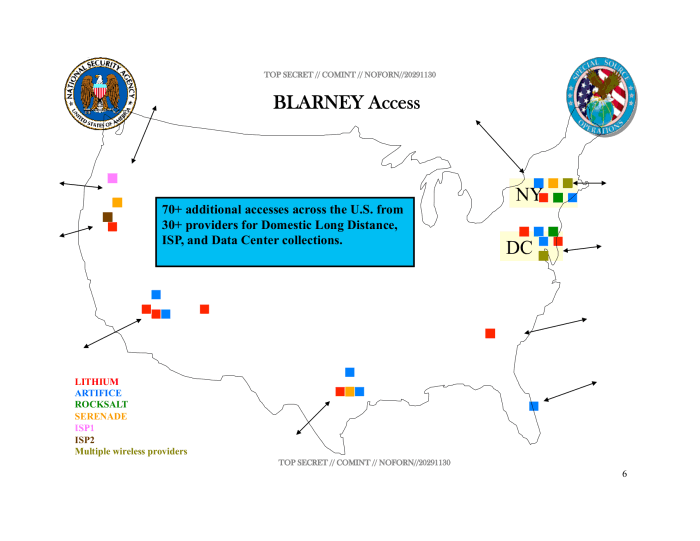- Sep 16, 2012
- 66,461
- 62,074
- 3,605
Russia/Putin is rooting for the right and against Biden
he has infected the republican party
Believe it or not guys, there was a time, when folks on the left, actually had the ability to think and reason, and not be led around by the neo-liberal spooks in the consortium media.The GOP is conspiracy nuts at this point.
Do you know who Robert Parry is? He's the guy that blew the Iran-Contra Scandal wide open, and helped cover Water-Gate. He was, R.I.P., one of the most respected muckraking reporters on the left, who had to leave the corporate MSM, because they are all owned by the military industrial warmongers. This, as NC has rightly pointed out, is NOT a winger issue, it is an issue that all Americans should be concerned about.
HERE, here is a POV from the left, from one of the most respected journalists this nation has ever produced. circa 2015, just after the Obama administration funded and organized the coup in Ukraine.
Robert Parry (journalist)
Robert Earle Parry (June 24, 1949 – January 27, 2018)[1] was an American investigative journalist. He was best known for his role in covering the Iran-Contra affair for the Associated Press (AP) and Newsweek, including breaking the Psychological Operations in Guerrilla Warfare (CIA manual provided to the Nicaraguan contras) and the CIA involvement in Contra cocaine trafficking in the U.S. scandal in 1985.He was awarded the George Polk Award for National Reporting in 1984 and the I.F. Stone Medal for Journalistic Independence by Harvard's Nieman Foundation in 2015.
Parry was the editor of ConsortiumNews.com from 1995 until his death in 2018.[2]
Robert Parry (journalist) - Wikipedia
ROBERT PARRY: Playing Nuclear Chicken Over Ukraine
January 21, 2022With U.S.-Russia tension over Ukraine reaching its most dangerous point, we look back at early warnings about the crisis delivered by Robert Parry in March 2015.
A version of this article first appeared on March 2, 2015.
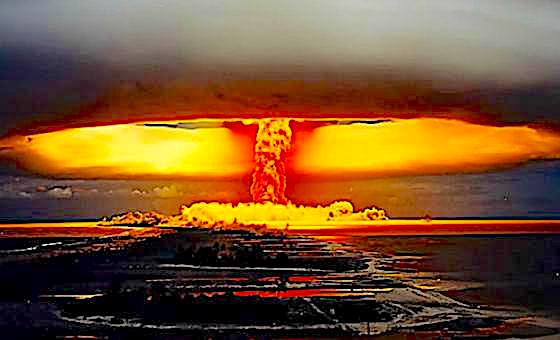
ROBERT PARRY: Playing Nuclear Chicken Over Ukraine - Consortium News
With U.S.-Russia tension over Ukraine reaching its most dangerous point, we look back at early warnings about the crisis delivered by Robert Parry in March
"The United States and Russia still maintain vast nuclear arsenals of mutual assured destruction, putting the future of humanity in jeopardy every instant. But an unnerving nonchalance has settled over the American side which has become so casual about the risk of cataclysmic war that the West’s propaganda and passions now ignore Russian fears and sensitivities.
A swaggering goofiness has come to dominate how the United States reacts to Russia, with American politicians and journalists dashing off tweets and op-eds, rushing to judgment about the perfidy of Moscow’s leaders, blaming them for almost anything and everything.. . . .
<snip>
. . . When I spoke to the nuclear conference, I noted how the U.S. media/political system had helped create just that sort of crisis in Ukraine, with every “important” person jumping in on the side of the Kiev coup-makers in February 2014 when they overthrew elected President Viktor Yanukovych.
Since then, nearly every detail of that conflict has been seen through the prism of “our side good/their side bad.” Facts that put “our side” in a negative light, such as the key role played by neo-Nazis and the Kiev regime’s brutal “anti-terrorism operation,” are downplayed or ignored.
Conversely, anything that makes the Ukrainians who are resisting Kiev’s authority look bad gets hyped and even invented, such as one New York Times’ lead story citing photos that supposedly proved Russian military involvement but quickly turned out to be fraudulent. [See Consortium News‘ “NYT Retracts Russian Photo Scoop.”]
At pivotal moments in the crisis, such as the Feb. 20, 2014 sniper fire that killed both police and protesters and the July 17, 2014 shoot-down of Malaysia Airlines Flight 17 killing 298 passengers and crew, the U.S. political/media establishment has immediately pinned the blame on Yanukovych, the ethnic Russian rebels who are resisting his ouster, or Putin.
Then, when evidence emerged going in the opposite direction — toward “our side” — a studied silence followed, allowing the earlier propaganda to stay in place as part of the preferred storyline. [See, for instance, Consortium News‘s “President Gollum’s ‘Precious’ Secrets.”]
<snip>
Russian Regime Change
Even President Barack Obama and other U.S. leaders who have yet to publicly endorse arming the Kiev coup-makers enjoy boasting about how much pain they are inflicting on the Russian economy and its government. In effect, there is a U.S. strategy of making the Russian economy “scream,” a first step toward a larger neocon goal to achieve “regime change” in Moscow.
Another point I made in my talk on Saturday was how the neocons are good at drafting “regime change” plans that sound great when discussed at a think tank or outlined on an op-ed page but often fail to survive in the real world, such as their 2003 plan for a smooth transition in Iraq to replace Saddam Hussein with someone of their choosing except that it didn’t work out that way.
Perhaps the greatest danger from the new neocon dream for “regime change” in Moscow is that whoever follows Putin might not be the pliable yes man that the neocons envision, but a fierce Russian nationalist who would suddenly have control of their nuclear launch codes and might decide that it’s time for the United States to make concessions or face annihilation.
On March 3, The Washington Post‘s neocon editorialists emphasized the need for ousting Putin as they anti-Putin activists who have urged an escalation of Western pressure on Russia. The Post wrote: “They say he [Putin] can be stopped only by steps that decisively raise the cost of his military aggression and cripple the financial system that sustains his regime.”
Yet, what I find truly remarkable about the Ukraine crisis is that it was always relatively simple to resolve: Before the coup, Yanukovych agreed to reduced powers and early elections so he could be voted out of office. Then, either he or some new leadership could have crafted an economic arrangement that expanded ties to the EU while not severing them with Russia.
Even after the coup, the new regime could have negotiated a federalized system that granted more independence to the disenfranchised ethnic Russians of eastern Ukraine, rather than launch a brutal “anti-terrorist operation” against those resisting the new authorities. But Official Washington’s “group think” has been single-minded: only bellicose anti-Russian sentiments are permitted and no suggestions of accommodation are allowed. . . . "
